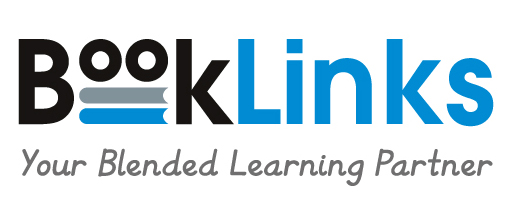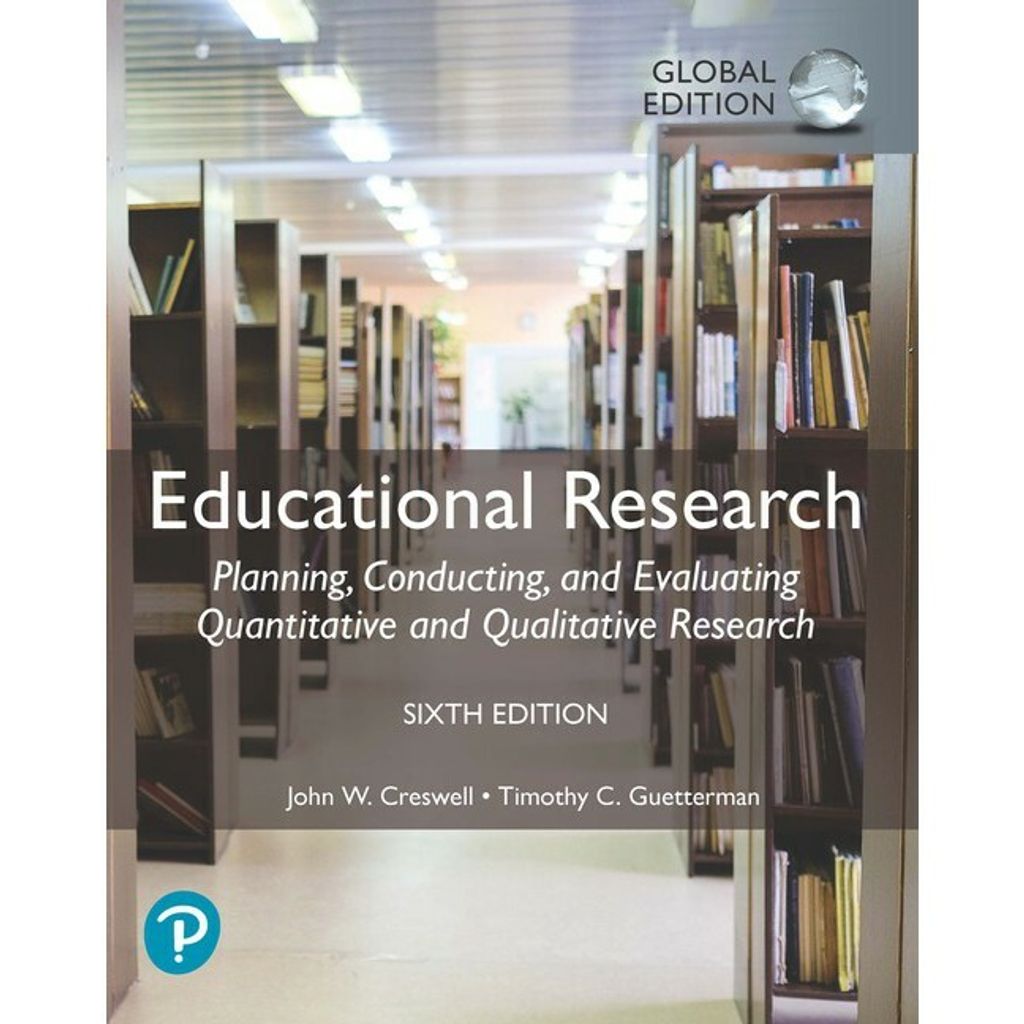Educational Research: Planning, Conducting, and Evaluating Quantitative and Qualitative Research, 6e Creswell
- Regular price
- RM 105.00
- Sale price
- RM 105.00
- Regular price
-
RM 0.00
Worldwide shipping
Secure payments
Authentic products
Share
A practical, step-by-step core research text that balances coverage of qualitative, quantitative and combined methods
Educational Research: Planning, Conducting, and Evaluating Quantitative and Qualitative Research offers a truly balanced, inclusive, and integrated overview of the processes involved in educational research. This text first examines the general steps in the research process and then details the procedures for conducting specific types of quantitative, qualitative, and mixed methods studies. Direct guidance on reading research is offered throughout the text, and features provide opportunities for practice.
Throughout the 6th Edition, examples are now drawn from a broad range of fields, including program evaluation, multicultural research, counseling, school psychology, and learning and cognition. In addition, enhanced coverage incorporates the latest technology-based strategies and online tools, and more information about single-subject research methods.
Pearson MyLab Education is not included. Students, if Pearson MyLab Education is a recommended/mandatory component of the course, please ask your instructor for the correct ISBN. Pearson MyLab Education should only be purchased when required by an instructor. Instructors, contact your Pearson representative for more information.
Table of Contents
PART 1: An Introduction to Educational Research
1. The Process of Conducting Research Using Quantitative and Qualitative Approaches
PART 2: The Steps in the Process of Research
2. Identifying a Research Problem
3. Reviewing the Literature
4. Specifying a Purpose and Research Questions or Hypotheses
5. Collecting Quantitative Data
6. Analyzing and Interpreting Quantitative Data
7. Collecting Qualitative Data
8. Analyzing and Interpreting Qualitative Data
9. Reporting and Evaluating Research
PART 3: Research Designs
10. Experimental Designs
11. Correlational Designs
12. Survey Designs
13. Grounded Theory Designs
14. Ethnographic Designs
15. Narrative Research Designs
16. Mixed Methods Designs
17. Action Research Designs
Educational Research: Planning, Conducting, and Evaluating Quantitative and Qualitative Research offers a truly balanced, inclusive, and integrated overview of the processes involved in educational research. This text first examines the general steps in the research process and then details the procedures for conducting specific types of quantitative, qualitative, and mixed methods studies. Direct guidance on reading research is offered throughout the text, and features provide opportunities for practice.
Throughout the 6th Edition, examples are now drawn from a broad range of fields, including program evaluation, multicultural research, counseling, school psychology, and learning and cognition. In addition, enhanced coverage incorporates the latest technology-based strategies and online tools, and more information about single-subject research methods.
Pearson MyLab Education is not included. Students, if Pearson MyLab Education is a recommended/mandatory component of the course, please ask your instructor for the correct ISBN. Pearson MyLab Education should only be purchased when required by an instructor. Instructors, contact your Pearson representative for more information.
Table of Contents
PART 1: An Introduction to Educational Research
1. The Process of Conducting Research Using Quantitative and Qualitative Approaches
PART 2: The Steps in the Process of Research
2. Identifying a Research Problem
3. Reviewing the Literature
4. Specifying a Purpose and Research Questions or Hypotheses
5. Collecting Quantitative Data
6. Analyzing and Interpreting Quantitative Data
7. Collecting Qualitative Data
8. Analyzing and Interpreting Qualitative Data
9. Reporting and Evaluating Research
PART 3: Research Designs
10. Experimental Designs
11. Correlational Designs
12. Survey Designs
13. Grounded Theory Designs
14. Ethnographic Designs
15. Narrative Research Designs
16. Mixed Methods Designs
17. Action Research Designs
×




